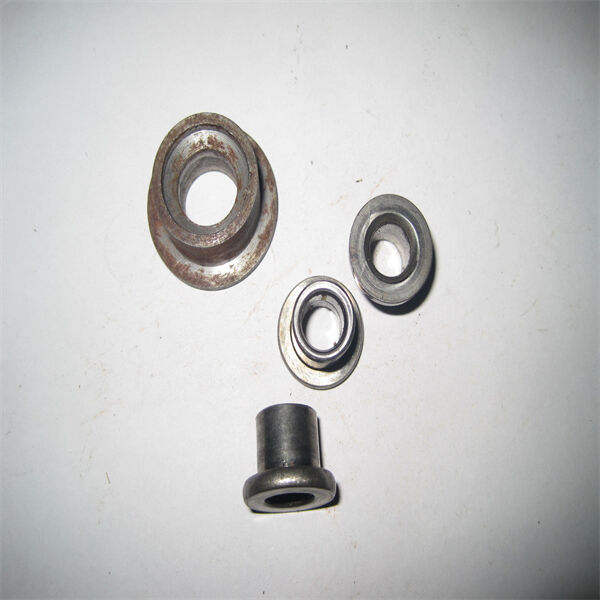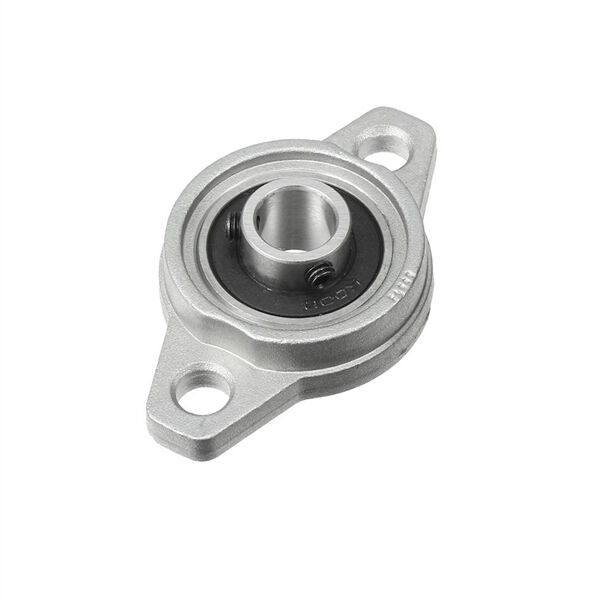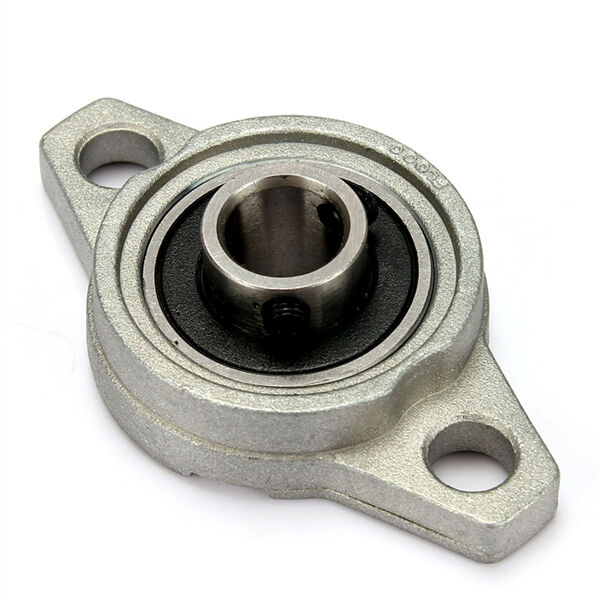Hanger bearings are circular components that serve an extremely significant function in machines. They assist in bearing spinning elements like shafts that are long pieces that rotate. Because bearing sleeves are not set in concrete, they are typically found on beams, pipes, or other structures. Most of their work is to prevent rotation from wobbling, misalignment or contact with something else and other failures. Having this proper functioning is vital in order for the machine to function smoothly and safely.
Hanger bearing is one of the most crucial component of machines which needs to be kept working properly. They aid in saving the components that are being spun and its neighbouring elements from being harmed or broken. Really think about what you use hanger bearings in a machine — what if machines had no hanger bearings? They could buzz, fail, and become lethal. That sounds scary, right?
Properly installed bearing sleeve typess assist in the longevity of the machine and do not cause too much wear and tear. Which entails that the machine can operate for an extended timeperiod before necessitating a major repair. Hanger bearings are found in many sizes and from multiple materials and thus its selection on the machine is very important for the proper functionality of it. If you select the appropriate type and size; it can increase the performance of the equipment a lot.
There are different varieties of hanger bearings available and each of them has uniqueness in it. For example, machines that move slowly and have minimal shaking are best suited for ball bearings. They are like the bouncy balls that allow things to roll. Which is why roller bearings are better for fast machines with heavy loads. They contain small rollers, which support weight, and the rotation, making it turn.

Sleeve bearing is another kind of hanger bearing. It is crafted from special components resilient to extreme environments. Sleeve bearings they are used in rust potentials or slow moving machines. Next are fixed bearings, which serve various pressure duties in a machine. Get yourself these bearings, these will handle heavyweight and keep everything aligned.

The earlier you can troubleshoot and tackle hanger bearing problems, the better. Below are a few examples of issues you may face such as noise or shake from the hanger bearing. It may be due to not correctly aligning the plumbed component, the bearing type or size being not accurate, or the need for lubrication such as oil for the spinning to be fluent.

An other common problem is weardown. Hanger bearings can get very worn down through the years especially if not maintained properly. When a bearing wears out, it will cause severe damage to other parts of the machine that can lead to costly repairs. These issues can be prevented with timely maintenance.
CIXI HOTO completed hanger bearing production lines, allowing for the production of a rapid lead time.
CIXI hanger bearing has strong quality control system, Certificates of ISO9001-2016, ISO14001: 2016, OHSAS18001: 2008.
CIXI HOTO produces different types of ball bearings. hanger bearing (cage sleeves, cages, balls, seal) Bearing steel tube and we offer one-stop service for ball bearings.
CIXI HOTO hanger bearing thousand of products of OEM/Nonstandard bearing sleeves products material grade SS bearing steel, alloy and Carbon steel.